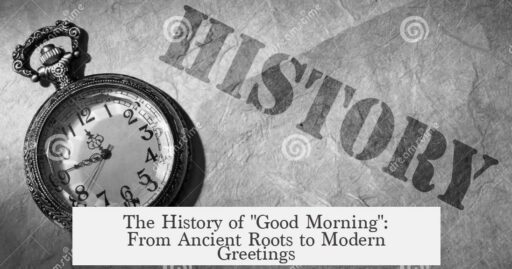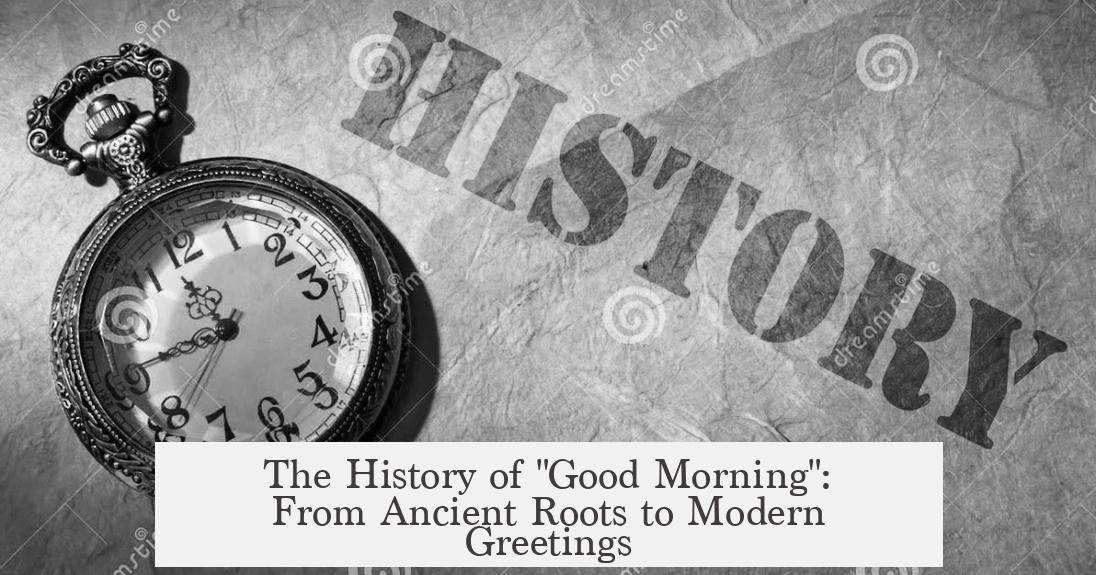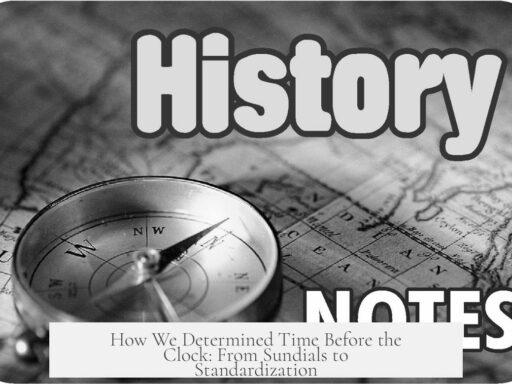The phrase “good morning” has been in use for over a thousand years, especially within Germanic languages such as English, German, and their relatives. It first appears in Old English as “goodne morgen” and is documented from at least the medieval period onward. While the exact origin of the phrase is uncertain, evidence from written texts confirms its usage in Europe since the Middle Ages.
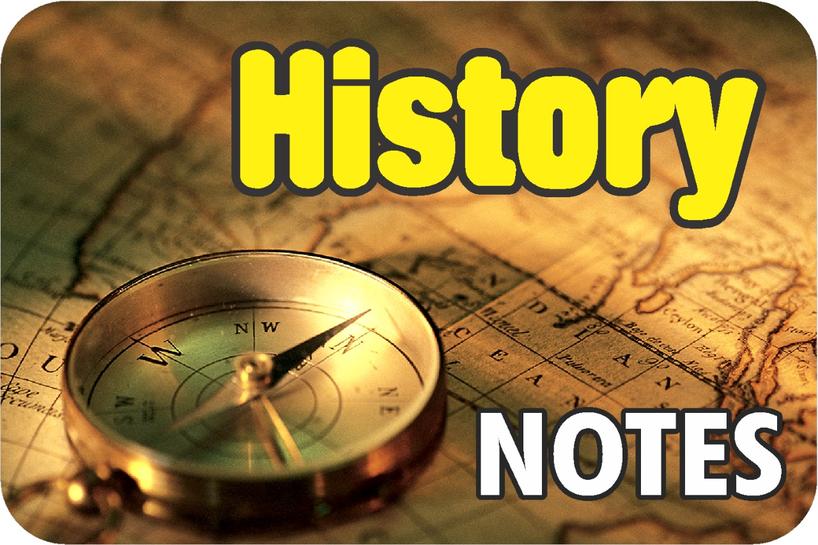
In Old English, the direct equivalent of “good morning” is recorded as goodne morgen. This shows that people spoke the phrase in English for well over a millennium. However, the widespread everyday use of “good morning” is harder to confirm from historical documents. For much of English history, “good day” was often a more common greeting. Still, “good morning” appears in texts as early as the late Middle Ages, reflecting familiarity with the phrase.
Other Germanic languages closely resemble the English form. For example, modern German speakers say guten morgen, Swedish speakers say god morgon, and Norwegian speakers say god morgen. These variations also have roots dating toward the medieval era, demonstrating a shared Germanic linguistic tradition of using morning-related greetings.
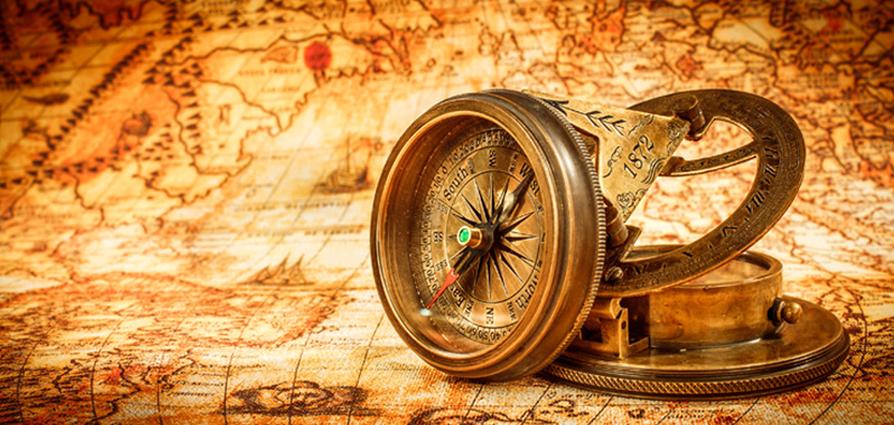
An exception within Germanic languages is Icelandic, which does not use a phrase equivalent to “good morning.” Instead, Icelandic speakers typically greet each other with a phrase equivalent to “good day.” This illustrates some cultural and linguistic divergence even among related language groups.
In Romance languages—like Italian, French, Spanish, and Portuguese—the equivalent greeting is typically “good day,” such as Italian’s buon giorno or French’s bonjour. These phrases entered documented use somewhat later compared to the Germanic “good morning.” Romance languages favor “good day” instead of a separate morning-specific greeting, reflecting differing social customs and linguistic evolution.
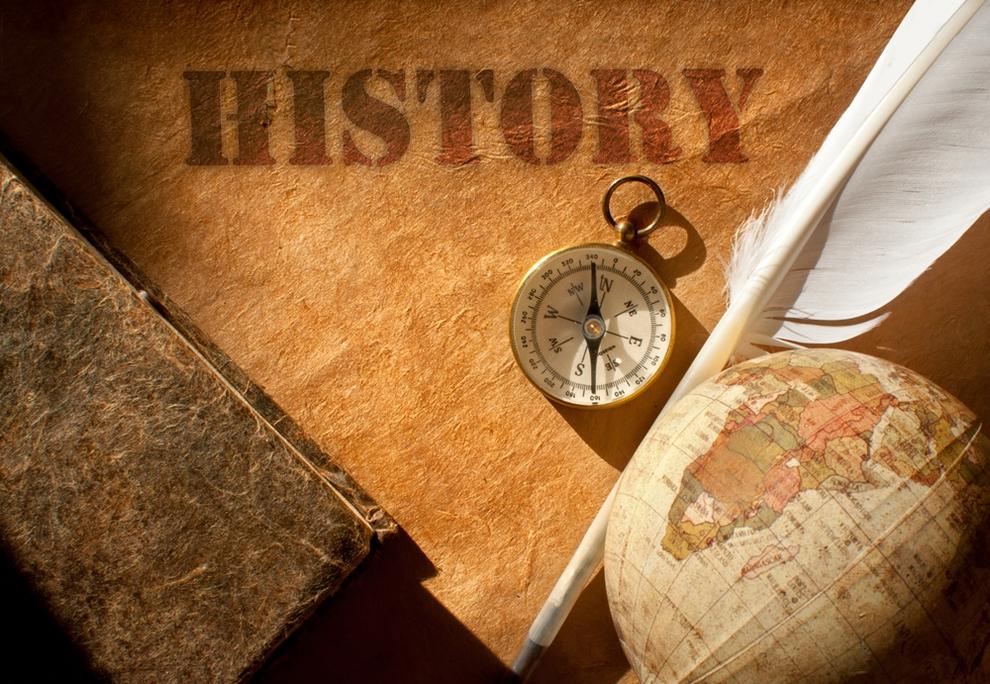
Evidence from non-European languages highlights further diversity in morning greetings. For example, in Arabic, scholars suggest an equivalent to “good morning” may have existed around 600 CE during the early Arabian Peninsula era. However, precise usage is less documented than in European languages.
Many modern languages beyond Europe have adopted expressions similar to “good morning,” but often these derive from European linguistic influences due to historical colonization, trade, and cultural exchange. For instance, various languages spoken in India include literal translations of “good morning,” but indigenous greetings like “namaste” possess distinct meanings and origins unrelated to the European phrase.
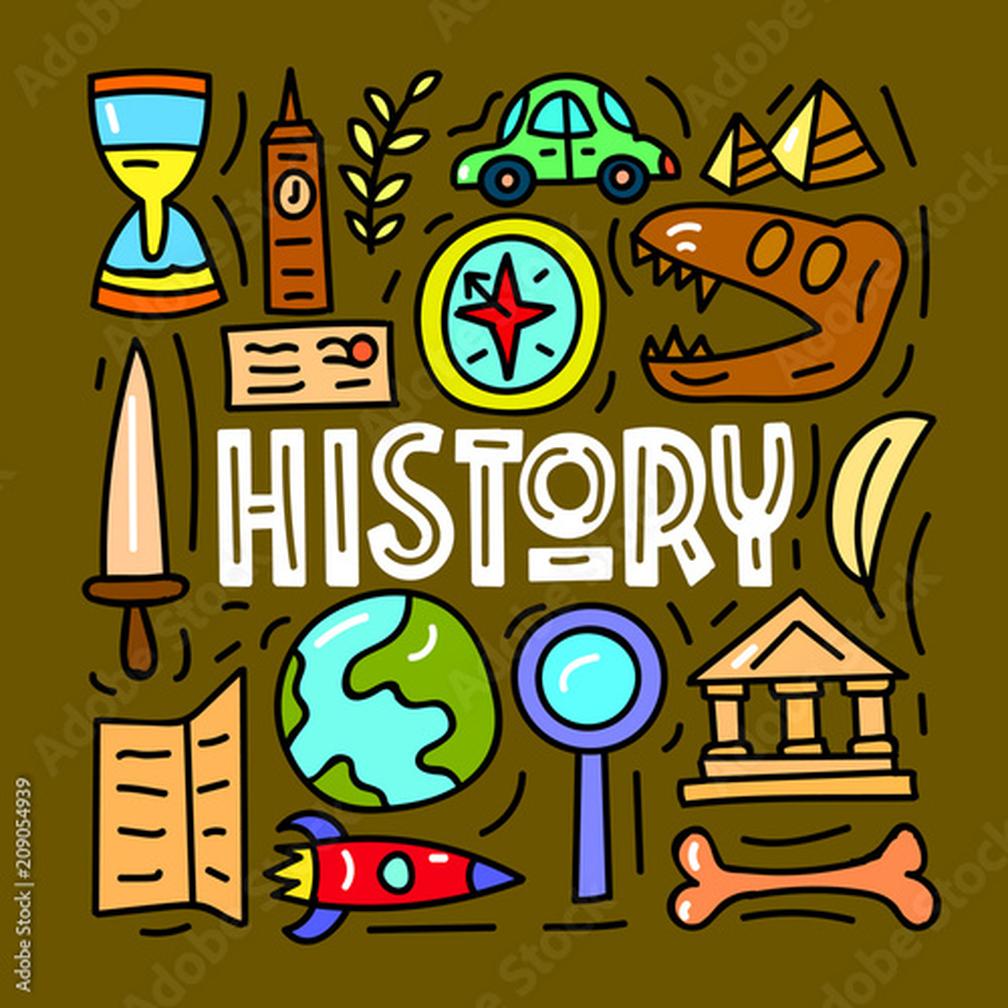
Looking deeper into ancient history, there is no direct evidence that the phrase “good morning” existed in Ancient Rome or biblical times. Instead, greetings focused on health, strength, or peace. Latin expressions for morning salutations were not like the Germanic “good morning.” Similarly, biblical-era greetings emphasized peace, so “good morning” did not originate from these traditions.
| Aspect | Details |
|---|---|
| Old English | “goodne morgen” over 1,000 years ago |
| Medieval Germanic Languages | “guten morgen,” “god morgen” in texts from Middle Ages |
| Icelandic Variation | Uses “good day” equivalent, not “good morning” |
| Romance Languages | Prefer “good day” phrases (e.g., “buon giorno”) from later historical period |
| Arabic | Possible equivalent phrase around 600 CE |
| Ancient Rome and Biblical | No direct “good morning” phrases; used wishes for health/peace |
Summarizing key points:

- “Good morning” in English has over a thousand years of history, first recorded in Old English.
- Germanic languages widely use related morning greetings since the medieval period.
- Romance languages mostly use “good day” greetings instead of morning-specific ones, with later documented usage.
- Around 600 CE, Arabic may have had a similar morning greeting, but it is less documented than European ones.
- Ancient Rome and biblical-era greetings differ, focusing on health or peace, not “good morning.”
- Non-European uses of “good morning” often derive from European languages, whereas native greetings vary widely.
How Long Have People Been Saying “Good Morning” Throughout History?
People have been saying “good morning” in some form for well over a thousand years, primarily documented within Germanic languages like Old English, where the phrase “goodne morgen” was in use over a millennium ago.
Now, let’s dive into this age-old greeting and unwrap exactly when and how it became such a staple of daily conversation.
Imagine waking up in a medieval English village—your neighbor strolls over. He doesn’t just grunt or grunt and wave; he says, “Goodne morgen.” That’s Old English for good morning, dating back more than 1,000 years! This is the earliest firm evidence we have that the phrase existed in English. But does existence equal popularity? Not necessarily.
Historical usage in English shows something interesting: while “good morning” did exist, it often played second fiddle to “good day” for many centuries. Throughout history, including the modern era, English speakers preferred “good day” in general greetings during the morning hours. You might picture Shakespeare’s England hearing “good day” more than “good morning” ringing through the streets.
The Germanic Roots: A Family of Greetings
Zooming out from English to the broader Germanic language family, the picture becomes clearer. Germanic languages like German (guten morgen), Danish (god morgen), and Swedish (god morgon) all share variants of “good morning”. Their earliest documented appearances often trace back to the Middle Ages.
Interestingly, Icelandic is a rebel in this gang. Instead of “good morning,” Icelandic speakers prefer an equivalent of “good day”. This divergence reminds us that even closely related languages take their own path with greetings.
The Romance Languages Take a Different Path
If you’re French, Italian, Spanish, or Portuguese, your “good morning” equivalent leans toward “good day”. You say “bonjour”, “buon giorno”, “buenos días”, and “bom dia” respectively. These greetings usually appear in texts later than the Germanic “good morning” phrase.
So, the Romance languages focus on a broader daytime greeting rather than a specific morning salutation. Maybe it’s a pragmatic choice—after all, a “good day” covers all bases!
How Far Back Do Greetings Like These Go Outside Europe?
Stepping away from Europe, we find greetings with different origins and meanings. In India, for example, people usually say “namaste,” meaning “I bow to you,” rather than a phrase that literally translates to “good morning.”
As for Arabic, there may have been an equivalent to “good morning” as early as 600 CE in the Arabian Peninsula. Exact phrasing is harder to track but this shows the concept is widespread culturally throughout different regions for many centuries.
Ancient Rome and Biblical Times: Not “Good Morning” Yet
You might guess a classic phrase like “good morning” sprang from Roman or biblical greetings. Nope! In Ancient Rome, people wished each other health and strength, not a time-specific greeting like “good morning.”
Similarly, biblical-era greetings focused on peace, not specifying morning or time of day. So, “good morning” is relatively modern in this deep timeline. These findings clarify that “good morning” wasn’t a universal ancient salutation.
Tracing the Phrase’s Spread and Popularity
The undeniable evidence points to Europe, especially medieval Germanic-speaking regions, as the origin hotspot for “good morning”. However, proving people actually spoke the phrase in casual everyday use outside of written texts is tricky. Words on a page don’t always translate to common speech.
What about languages worldwide today that say “good morning”? Many borrow or derive the concept from European languages. This phenomenon is why you find direct translations or adopted phrases globally, especially where colonial languages spread.
Why How We Greet in the Morning Matters
Greetings reflect culture, social manners, and worldview. “Good morning” offers a positive note to start the day, conveying goodwill. Over centuries, this small linguistic ritual has become embedded in social life.
Consider your own morning routine. Saying “good morning” feels like hitting the reset button on the day’s vibe. It’s polite, friendly, and even somewhat hopeful, a verbal “here’s to a good day ahead!”
Practical Insights for Today
- If you want to impress friends or colleagues, try dropping historical greetings like Old English’s goodne morgen in a cheeky Monday email.
- Noticing how many cultures use “good day” instead of “good morning” might inspire you to switch things up. Maybe next time, say “good day” for a fresh twist.
- Remember, greetings aren’t universal. When traveling, know that different languages carry different meanings, so adopt local customs rather than rigidly sticking to “good morning”.
“Good morning” isn’t just a polite phrase; it’s a historical echo that’s been awakening human connections for over a thousand years.
So, how long have people been saying “good morning”? Over a millennium, at least in English and other Germanic tongues, with equivalents flourishing in other cultures across the globe in their own forms and times. The phrase is a testament to humanity’s universal desire to wish others well—right from the first light of day.
